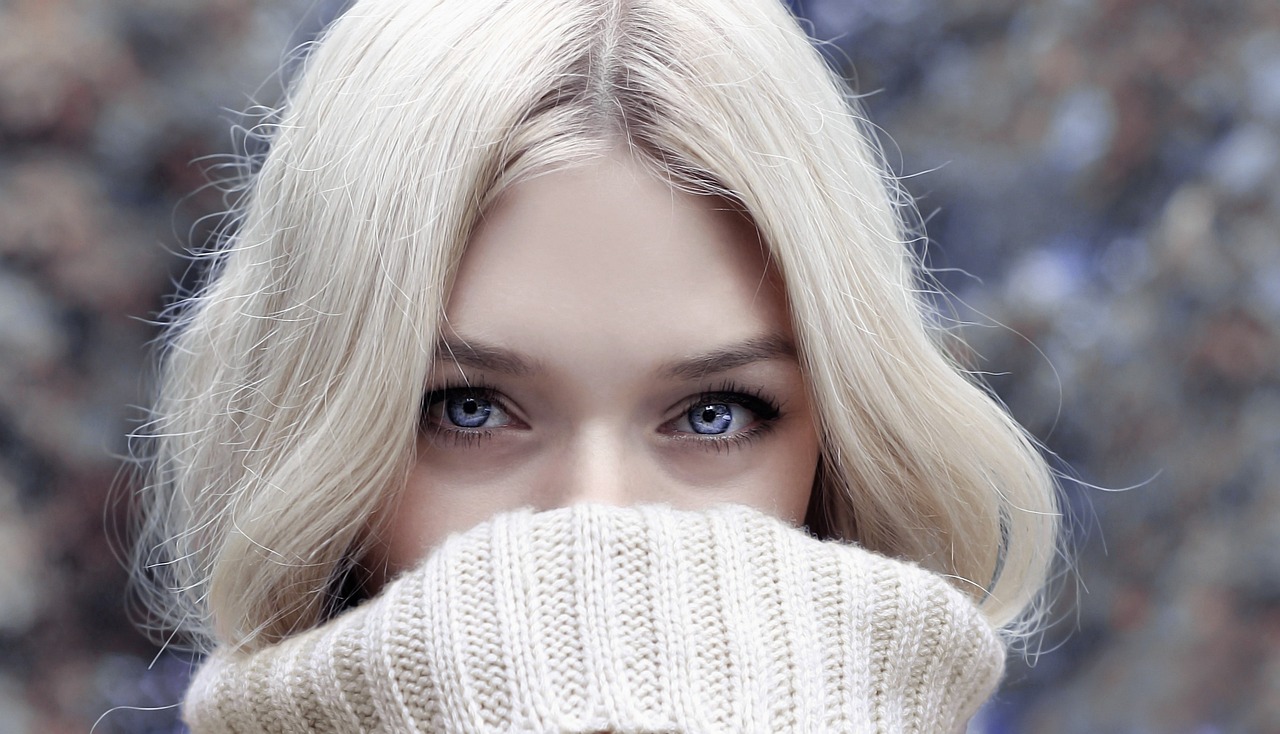The most frustrating and annoying thing in the summers apart from heatwave is, of course, catching a cold. This may sound suitable in the winter, but catching a cold in the summer is beyond maddening. In the summer, getting a cold is like getting frostbite in the winter.
The conundrum is that I can’t do much but increase it along the way because the heat is intolerable, so I’ll have to cave for cold water, frequent showers, and cool air (via AC or Cooler). So, who knows how long it will be there.
So, for those of you who have the same question as me, how does one catch a cold in the summer? I’ve got the answers:
A summer cold is very common in summers, which happens due to the sudden change in body temperatures. For eg: Directly stepping out in the sun, when you have been under cool AC air. Or, Straight coming from outside, drinking cold water.
Or, When a person comes into touch with germs from an infected individual’s body fluids, such as saliva, mucus, or faeces, they can get a summer cold. Or by inhaling minute droplets of virus-infected air, or by touching something contaminated with the virus and then contacting your mouth, nose, or eyes. Summer colds may also be exacerbated by air conditioning.
Some Facts:
- Many summer colds are caused by Enteroviruses, which induce upper respiratory symptoms such as a runny nose and scratchy throat, as well as gastrointestinal issues. Similarly, winter colds are caused by Rhinoviruses.
- A runny nose, coughing congestion, headaches, pressure in the sinuses or head, a sore throat, poor energy, muscle pains, and sneezing are all signs of Summer colds.
- It typically lasts seven to ten days.
- Colds cannot be treated with antibiotics, but home remedies might help a person feel better sooner.
One must understand the difference between Summer Colds vs Allergies:
- Fever is not caused by allergies to airborne particles such as dust or pollen.
- Allergies often manifest themselves as soon as a person comes into touch with an allergen. For example, when pollen season begins, a person may become unwell.
- Colds, even serious ones, usually last less than ten days, whereas allergies can continue for weeks.
- Allergy sufferers may notice that their symptoms improve inside, or when they utilise air conditioning or air filters.
- Colds are more likely to produce exhaustion and fatigue than allergies.
- Allergies can produce headaches and facial pain, but they seldom cause broad muscle pain.
- Antihistamines can help with a variety of allergies, but they rarely help with cold symptoms.
From this distinction, one can conclude that the diseases or medical conditions they often suffer from are due to allergies. For eg: I am allergic to Dust, Peanuts, and AC/Cooler air.
Remember that, unlike summer colds, allergies are short-lived and possess few symptoms.
Remedy for summer colds:
- Make sure you get plenty of rest and sleep.
- Keep yourself nourished and hydrated. Tea and other hot beverages may be calming and beneficial to symptoms.
- Herbs cannot kill or cure a cold, but they can help the immune system battle colds more effectively. Echinacea, liquorice root, elderberry, and garlic are all popular herbs for fighting rhinovirus.
- Cold symptoms, such as a runny nose, congestion, sore throat, and coughing, can be relieved with humidifiers and steams.
Prevention from Summer Colds:
Someone has wisely said, prevention is better than cure. So, it’s better to be vigil and safe than sorry:
- Consuming good foods,
- Avoiding excessive stress,
- Taking supplements with immune-boosting natural therapies are all recommended,
- Get enough rest,
- Always wash your hands,
- People who have a cold should be avoided.
Note: Summer colds are contagious but they can be avoided with proper precautions.

One thought on “0”